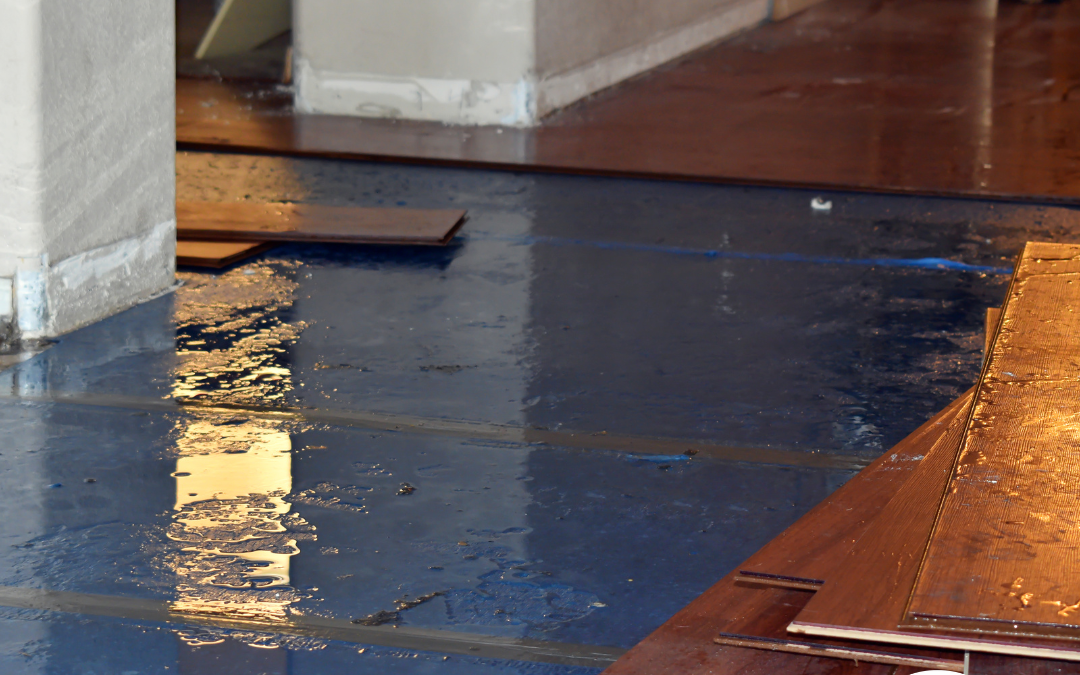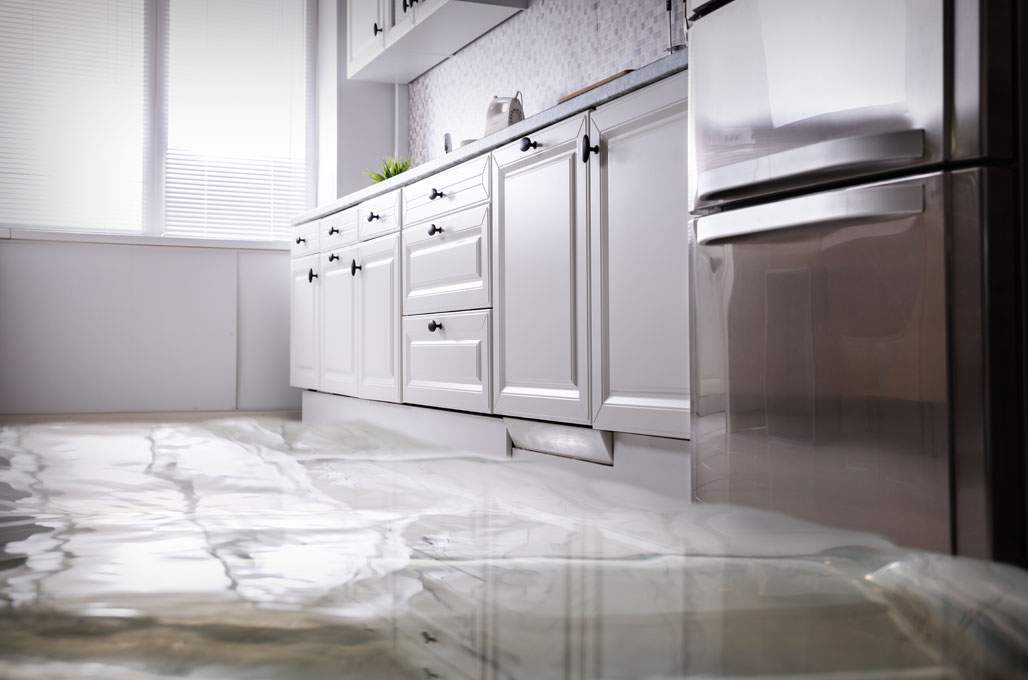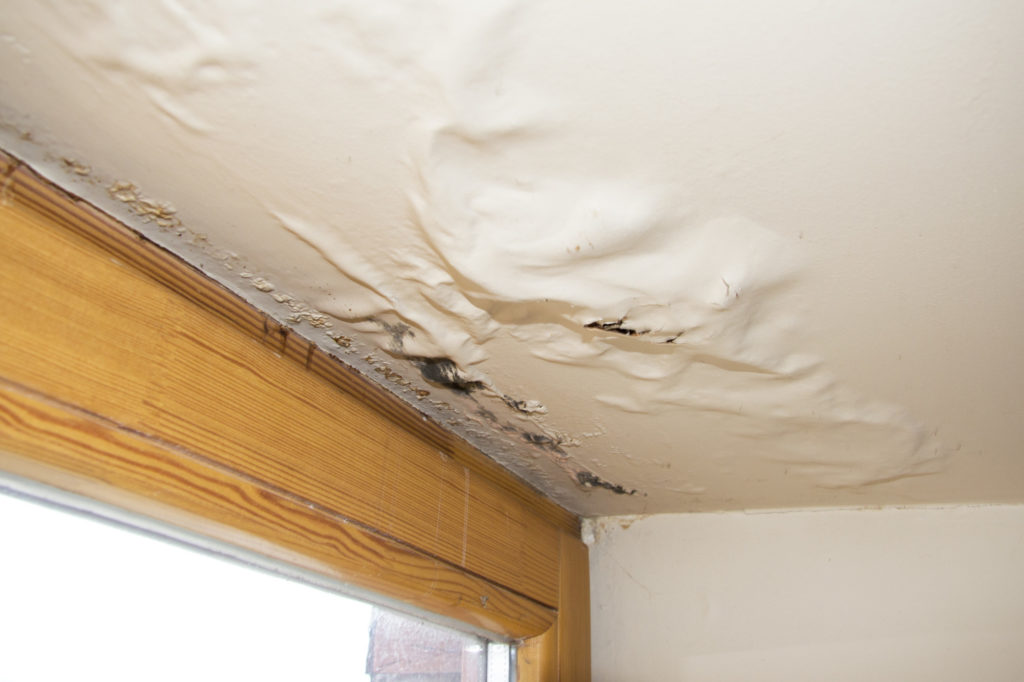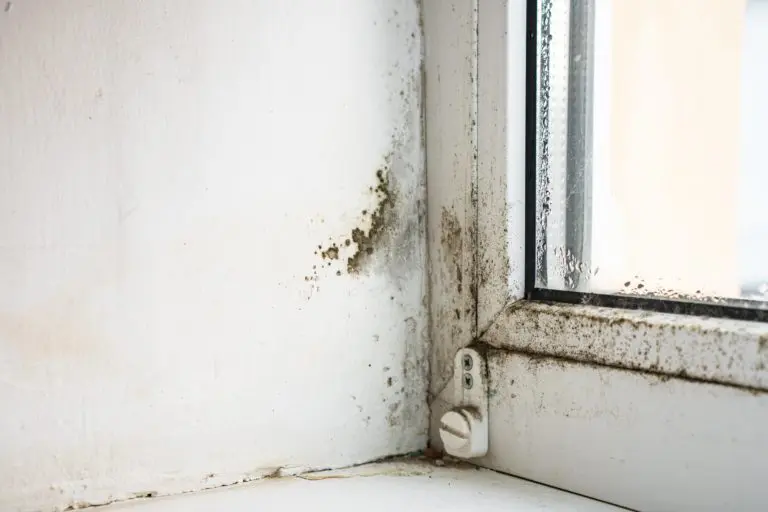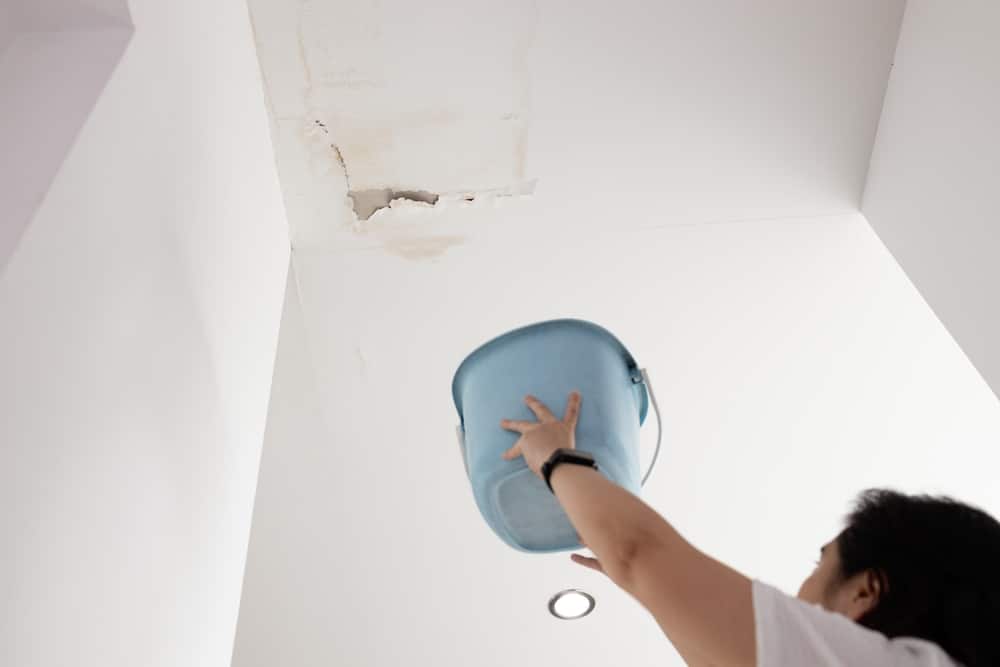Water leaks can be a homeowner’s worst nightmare. They’re sneaky, often invisible until it’s too late, and can cause thousands of dollars in damage. The worst part? Many leaks go unnoticed for weeks or even months, quietly racking up your water bill and damaging your property.
In this guide, we’ll break down how to detect, prevent, and fix water leaks before they become a disaster — so you can protect your home, save money, and avoid that sinking feeling of finding unexpected water damage.
Why Surprise Water Leaks Are So Dangerous

When water escapes into places it shouldn’t be, the damage happens quickly — but the costs can last for years.
1. Structural Damage
Even a slow, unnoticed leak can rot wood, weaken drywall, and compromise the structural integrity of your home.
2. Mold Growth
Moisture creates the perfect breeding ground for mold, which can spread behind walls and floors. Mold isn’t just expensive to remove — it’s also a major health hazard.
3. High Utility Bills
A dripping tap or hidden pipe leak wastes gallons of water every day, driving up your water bill without you realizing it.
How to Spot Hidden Water Leaks Early
The earlier you find a leak, the easier (and cheaper) it is to fix. Watch for these warning signs:
Unexplained Water Bills
If your water usage spikes without a change in household habits, you may have a leak.
Damp or Musty Smells
A constant musty smell in a room often points to hidden moisture.
Discolored Walls or Ceilings
Brown stains or bubbling paint can mean water is seeping through from behind.
Low Water Pressure
A sudden drop in water pressure might be a sign that water is escaping somewhere in your plumbing.
Proven Ways to Prevent Water Leaks
Prevention is always cheaper than repair. Here are some steps every homeowner should take:
1. Regular Plumbing Inspections
Have a professional inspect your plumbing at least once a year. They can identify worn-out seals, corroded pipes, and other early warning signs.
2. Replace Old Fixtures
Old faucets, showerheads, and supply lines are more likely to leak. Upgrading to modern fixtures can save water and prevent drips.
3. Insulate Pipes in Cold Climates
Frozen pipes can burst, leading to severe leaks. Insulation is a simple and cost-effective prevention method.
Smart Leak Detection: Technology to the Rescue
Modern smart home technology makes detecting leaks easier than ever.
Real-Time Alerts
Smart leak sensors can detect moisture and immediately send an alert to your phone, so you can take action before the problem worsens.
Automatic Water Shutoff
Some advanced systems can automatically turn off your water supply when a leak is detected, stopping damage in its tracks.
DIY Fixes for Minor Leaks
If you spot a small leak, here’s how to handle it temporarily until a plumber can make a permanent repair:
- Tighten loose pipe connections with a wrench.
- Apply plumber’s tape to small pipe joint leaks.
- Use a bucket or towel to contain water until repairs are made.
When to Call a Professional
Some leaks are beyond the scope of DIY fixes. Call a licensed plumber if:
- You can’t find the source of the leak.
- The leak is coming from inside a wall or ceiling.
- There’s visible mold growth or structural damage.
Long-Term Leak Prevention Tips
To avoid dealing with surprise leaks ever again, follow these habits:
- Check under sinks and around toilets monthly for moisture.
- Monitor your water bill closely for unexpected changes.
- Test your leak detection system regularly.
- Schedule annual plumbing maintenance.
FAQs
1. How do I know if I have a hidden water leak?
Watch for signs like higher water bills, damp smells, discolored walls or ceilings, and sudden drops in water pressure. A water meter test can also help confirm a leak.
2. What is the most common cause of water leaks?
The most common causes include worn-out pipe joints, corroded plumbing, faulty appliance connections, and high water pressure that stresses pipes.
3. Can smart home devices detect leaks?
Yes. Smart leak detectors can sense moisture in real-time and send alerts to your phone. Some even shut off your main water supply automatically to prevent damage.
4. How often should I check my home for leaks?
Do a quick check under sinks, around toilets, and near appliances at least once a month. Schedule professional plumbing inspections annually to catch hidden issues early.
5. What should I do if I find a small leak?
Turn off your water supply, contain the leak with a bucket or towel, and apply plumber’s tape for a temporary fix. Then call a licensed plumber for a permanent repair.
The Bottom Line
Surprise water leaks aren’t just annoying — they’re costly, stressful, and potentially dangerous to your home and health. By detecting leaks early, using smart monitoring devices, and practicing good plumbing maintenance, you can stop water damage before it starts.
Don’t wait until you’re ankle-deep in water to take action. Start protecting your home today.


